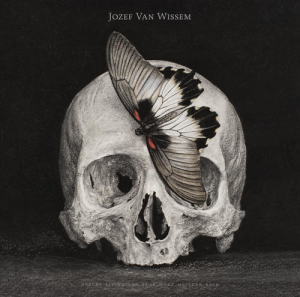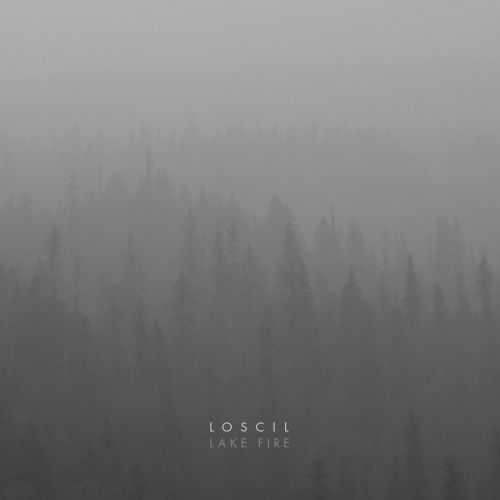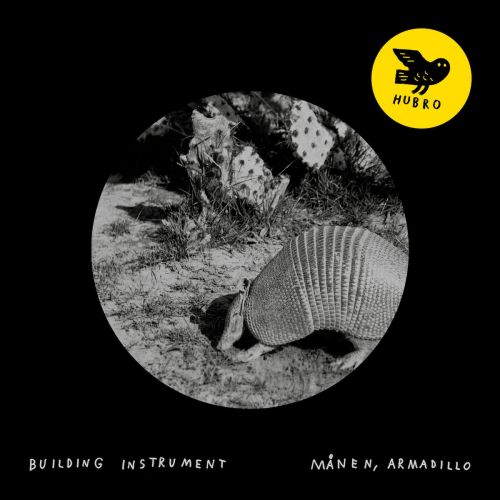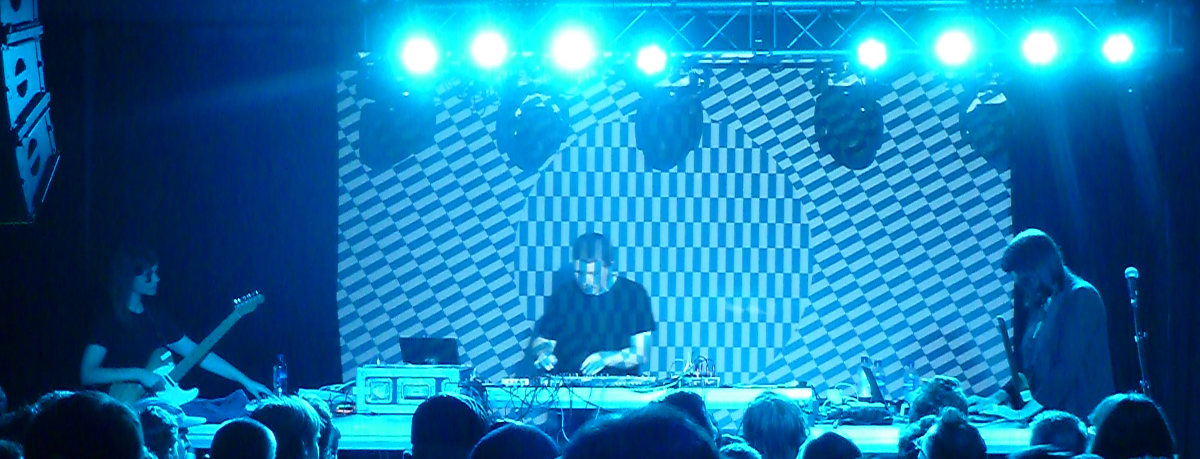 After years of collaborations and different labels, Jozef van Wissem‘s second album for Consouling Sounds finds him and his lute once more alone without outside assistance to deter him from this unique vision. Nobody Living Can Ever Make Me Turn Back is a glorious journey into time and space with only the lute and various electronics to guide us. On a couple of tracks, Jozef’s voice accompanies the music, but on the whole this is about the atmosphere summoned by his singular instrument and the way that its shadowy images of the past are infused with the abstract future that the electronics bring.
After years of collaborations and different labels, Jozef van Wissem‘s second album for Consouling Sounds finds him and his lute once more alone without outside assistance to deter him from this unique vision. Nobody Living Can Ever Make Me Turn Back is a glorious journey into time and space with only the lute and various electronics to guide us. On a couple of tracks, Jozef’s voice accompanies the music, but on the whole this is about the atmosphere summoned by his singular instrument and the way that its shadowy images of the past are infused with the abstract future that the electronics bring.
With titles like ” Your Days Gone Like A Shadow” and “The Empty Cup Of Suffering”, you could be forgiven for thinking that this would be a doleful and joyless affair. This is absolutely not the case and the use of space and silence here can not be overstated. The two gently strummed chords of “Empty Cup” leave so much space for reflection in between them, and the delicious sense of anticipation waiting for the chord to arrive is extraordinary, considering the utter simplicity of the track.
“Enable With Perpetual Light The Dullness Of Our Blinded Sight” moves the medieval repetition on slightly with the addition of a drifting, metallic sheen that only adds further lustre to the regally moving lute. It seems somehow to be stretching time itself, slowing it, expanding it, showing us what we otherwise would be unable to see, but with the simplest of this pure minor chord melancholy.
As the album ends, it feels as if we are moving out of the original hall and into the garden of this rambling, mysterious and desolate place. “The Conversation” starts to drift into a light-speckled haze, dust motes travelling in the brightness seen through the open doorway. A conversation takes place between Jozef’s heartbroken, doleful tones and the lute takes the place of the other person, seemingly embodying his relationship with the lute and the joy and sadness that it can bring. “Our Bones Lie Scattered Before The Pit” finds us in the garden, time slowed to a crawl, and we can hear the fingers on the strings moving resonantly on the fretboard; there are delicious curls that sound like a desert mirage, but we are left with the overwhelming melancholy of the player.This is the first time I have listened to anything of van Wissem’s and was unsure what to expect. To say I am delighted buy the atmosphere developed on this album is an understatement. Its slow, stately use of space and ability to transport the listener through time that has become elasticised is quite a feat. I have images teeming through my mind that are gauzy but perfectly formed and there is not much music that can do that. Van Wissem’s singular journey is one I am very pleased to have become part of.
-Mr Olivetti-



